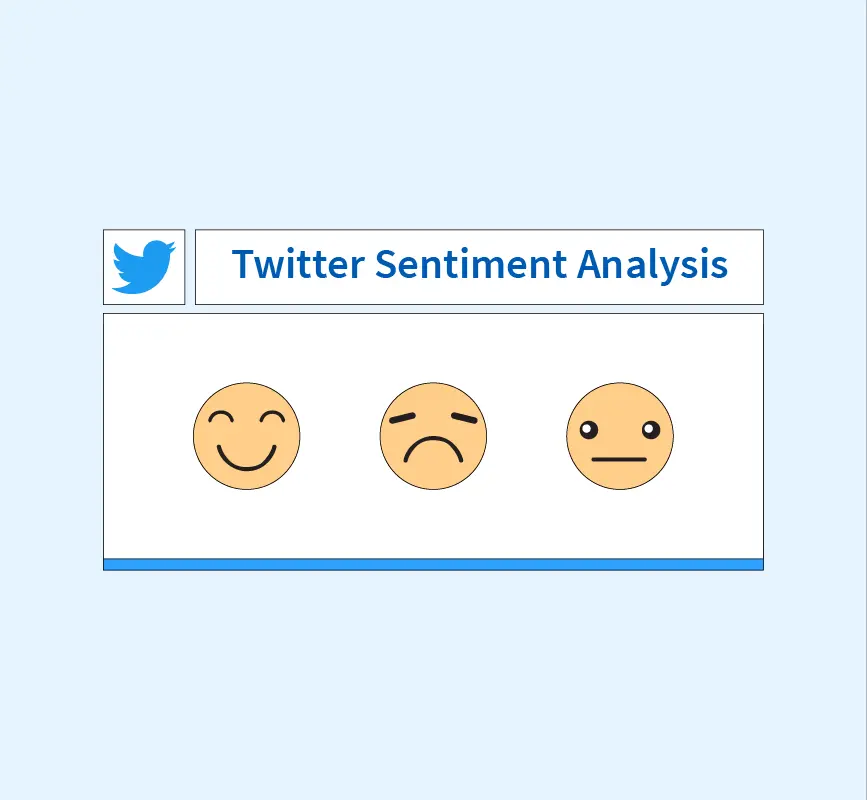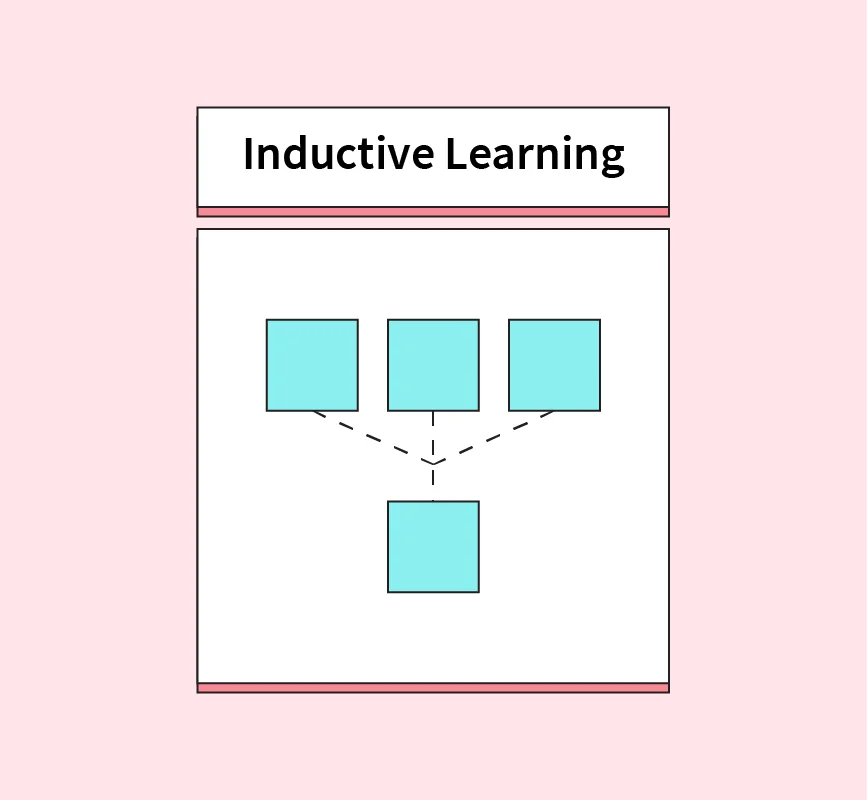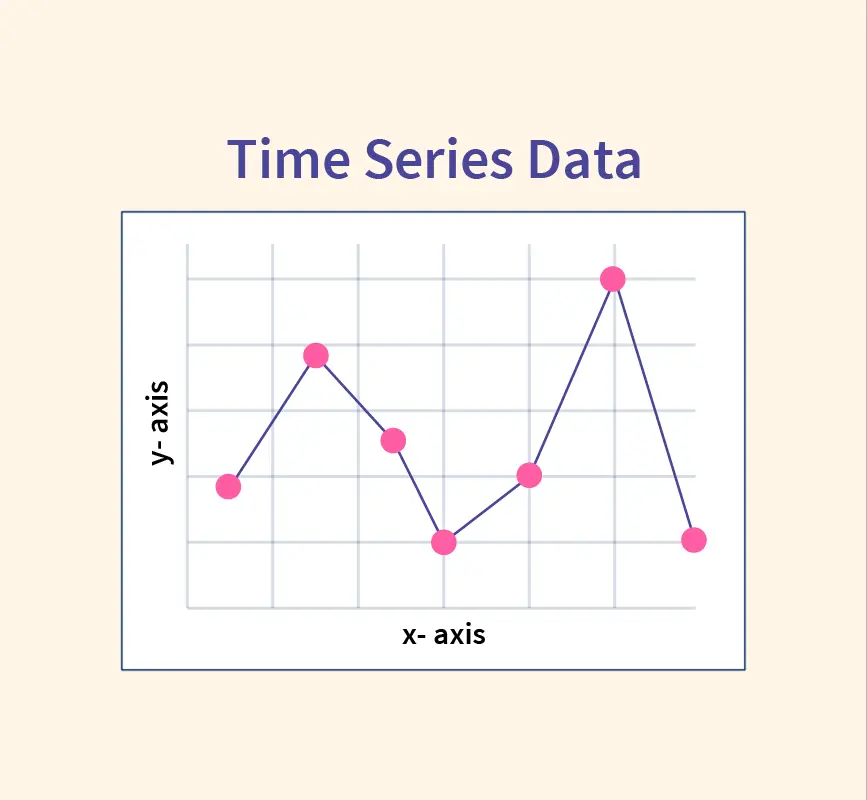Artificial Intelligence (AI) has evolved rapidly, becoming a cornerstone of innovation and progress in the modern era. Its transformative impact spans industries, revolutionizing how we work, communicate, and solve problems. Understanding AI’s growing significance is essential to navigating its influence on shaping contemporary life and the future.
What is Artificial Intelligence?
Artificial Intelligence (AI) refers to the simulation of human intelligence in machines programmed to perform tasks like reasoning, learning, problem-solving, and decision-making. Core components of AI include machine learning, natural language processing, computer vision, and robotics.
The concept of AI traces back to the mid-20th century with milestones such as Alan Turing’s foundational work and the Dartmouth Conference of 1956, where AI was formally established as a field. Over decades, AI has evolved, achieving breakthroughs in areas like deep learning and neural networks, transforming industries and daily life.
Positive Impacts of AI
1. Advancements in Healthcare
AI is revolutionizing healthcare by enhancing diagnostic accuracy and efficiency. In radiology and oncology, AI-driven imaging tools help detect diseases like cancer at early stages, improving patient outcomes. Algorithms process vast amounts of medical data, identifying patterns and anomalies that might elude human experts.
Robot-assisted surgeries provide precision and reduce human error, enabling minimally invasive procedures with faster recovery times. Virtual health assistants support patients in managing chronic conditions by monitoring vitals and offering tailored advice. These advancements are not only improving the quality of care but also optimizing resource allocation in the medical field.
2. Transforming Education
Education is experiencing a paradigm shift through AI-powered technologies. Personalized learning platforms adapt content based on individual student performance, ensuring tailored educational experiences. AI-powered tutors assist learners by providing instant feedback and clarifications, fostering a more interactive and engaging environment.
AI analytics help educators identify learning gaps and refine teaching methods. Additionally, administrative automation, such as grading and attendance tracking, allows teachers to focus on curriculum development and student mentorship. By making education more accessible and customized, AI is paving the way for equitable and efficient learning systems.
3. Enhancing Productivity and Efficiency
AI enhances productivity by automating repetitive and time-consuming tasks. In manufacturing, robotic process automation accelerates assembly lines and reduces errors. Predictive analytics in industries like retail and logistics optimize inventory management and forecast demand, preventing overstocking or shortages.
Supply chain operations benefit from AI’s ability to predict disruptions and suggest alternatives, ensuring smooth operations. In corporate settings, virtual assistants streamline scheduling and data retrieval, saving valuable time. These efficiency improvements lead to cost reductions and higher profitability across sectors.
4. Accessibility Improvements
AI is breaking barriers for individuals with disabilities. Text-to-speech systems and voice recognition tools empower visually impaired users to navigate digital environments. Vision aids like screen readers and wearable devices enhance accessibility to information.
For hearing-impaired individuals, real-time transcription tools and sign language translation systems provide seamless communication. AI’s potential to create inclusive technologies ensures equal opportunities for people with disabilities, fostering independence and societal integration.
5. Climate and Environmental Monitoring
AI plays a crucial role in addressing climate and environmental challenges. Predictive models powered by AI analyze climate patterns, helping scientists forecast weather events and assess the impacts of global warming. AI-driven resource management tools optimize energy consumption and reduce waste.
Applications in agriculture, such as precision farming, use AI to monitor crop health and recommend efficient irrigation practices, conserving water and increasing yields. By enabling data-driven environmental strategies, AI is contributing significantly to sustainable development and ecological preservation.
Negative Impacts of AI
1. Ethical and Privacy Concerns
AI raises significant ethical and privacy concerns due to its reliance on massive datasets. Personal information can be misused, leading to privacy violations and unauthorized surveillance. For instance, facial recognition technologies are criticized for potential misuse in public surveillance, threatening civil liberties.
Bias in AI algorithms is another critical issue. AI systems trained on skewed data may reinforce societal inequalities, such as racial or gender discrimination. Biased hiring algorithms and flawed predictive policing systems are examples of how biased AI can adversely affect marginalized groups. Addressing these ethical concerns requires robust governance frameworks and transparency in AI development.
2. Job Displacement
AI-driven automation poses a threat to employment, particularly in industries reliant on routine tasks. Manufacturing, transportation, and customer service are among the sectors most affected by this transformation. Machines often outperform humans in repetitive jobs, leading to job displacement.
The skills gap further exacerbates the situation. While automation creates demand for AI specialists and tech-savvy professionals, workers with traditional skill sets may struggle to find roles in a rapidly evolving job market. Upskilling and reskilling initiatives are essential to mitigate these challenges, helping workers adapt to AI-integrated industries.
3. Security Risks
AI’s growing influence introduces complex security challenges. Advanced AI systems can be exploited for cyberattacks, such as creating sophisticated phishing schemes or malware capable of bypassing traditional defenses. Autonomous systems used in critical infrastructure, like power grids, can become targets of AI-driven threats.
A major concern is the potential weaponization of AI, as seen in autonomous drones and military applications. The lack of comprehensive regulations around AI in defense raises fears of unintended escalations and ethical dilemmas in warfare. Enhancing cybersecurity measures and establishing global AI safety protocols are vital to counter these risks.
4. Dependency and Reduced Human Decision-Making
The increasing reliance on AI for decision-making in critical areas poses risks. Financial markets, healthcare diagnostics, and legal judgments are increasingly influenced by algorithmic decisions, which can lack context and nuance. Errors or biases in these systems may lead to significant consequences.
Furthermore, over-reliance on AI can stifle creativity and independent thought. As AI systems handle complex analyses, human oversight diminishes, potentially eroding problem-solving skills. Encouraging human-AI collaboration rather than full automation can strike a balance, preserving critical thinking and accountability.
5. AI and Inequality
AI technologies are not evenly accessible across regions and demographics, contributing to the widening digital divide. Wealthier nations and organizations gain significant advantages by leveraging AI, leaving underprivileged regions and small businesses at a disadvantage.
This inequality exacerbates global disparities in education, healthcare, and economic opportunities. Bridging this gap requires equitable AI deployment strategies, including affordable technology access, diverse data representation, and inclusive AI policy-making to ensure benefits are shared broadly across societies.
Balancing AI Development with Ethical Principles
AI development must prioritize ethical considerations to ensure its benefits are maximized while minimizing potential harms. As AI continues to influence critical areas such as healthcare, finance, and education, adhering to ethical principles is vital to building public trust and ensuring responsible deployment.
Importance of Ethical AI Development
Unethical AI practices, such as biased algorithms, privacy violations, or misuse of autonomous systems, can have widespread repercussions. Ethical AI development ensures fairness, prevents exploitation, and promotes societal well-being. By embedding ethical guidelines into AI projects, developers can reduce risks and foster sustainable innovation.
Suggested Principles for AI Governance
- Transparency: AI systems should be understandable and open, allowing users to comprehend how decisions are made. Clear documentation and explainability frameworks are essential.
- Accountability: Developers and organizations must take responsibility for AI outcomes, ensuring systems function as intended and addressing errors promptly.
- Inclusivity: AI technologies should represent diverse populations, avoiding bias and ensuring equitable access to resources.
- Safety: Rigorous testing and monitoring are critical to preventing unintended consequences, particularly in high-stakes domains.
- Privacy: Respecting user data and implementing strong security measures to safeguard information are fundamental.
By balancing innovation with these principles, AI can drive positive change while safeguarding humanity’s interests.
Case Studies of AI’s Impact
Positive: AI in Healthcare
AI has played a pivotal role in advancing healthcare, particularly during the COVID-19 pandemic. Machine learning models accelerated drug discovery, while predictive analytics helped forecast virus spread, enabling governments to implement timely measures. AI-powered tools, such as diagnostic imaging systems, improved accuracy in identifying lung abnormalities associated with the virus, saving countless lives. These applications demonstrate AI’s potential to solve global health crises and revolutionize patient care.
Negative: Controversies Around Biased Algorithms
Despite its benefits, AI has faced criticism for perpetuating societal biases. For instance, some facial recognition systems have been shown to misidentify individuals from minority groups, leading to concerns about discrimination and misuse in surveillance. Similarly, biased hiring algorithms have unintentionally favored certain demographics, raising ethical questions about fairness and accountability. These cases highlight the need for rigorous testing and ethical frameworks in AI development.
Conclusion
AI is a transformative force with immense potential to improve lives while posing significant challenges. Its dual impact underscores the importance of ethical development, transparency, and inclusivity in AI integration. By adopting a balanced approach, society can harness AI’s benefits while mitigating its risks, paving the way for a responsible and equitable future.
References:


